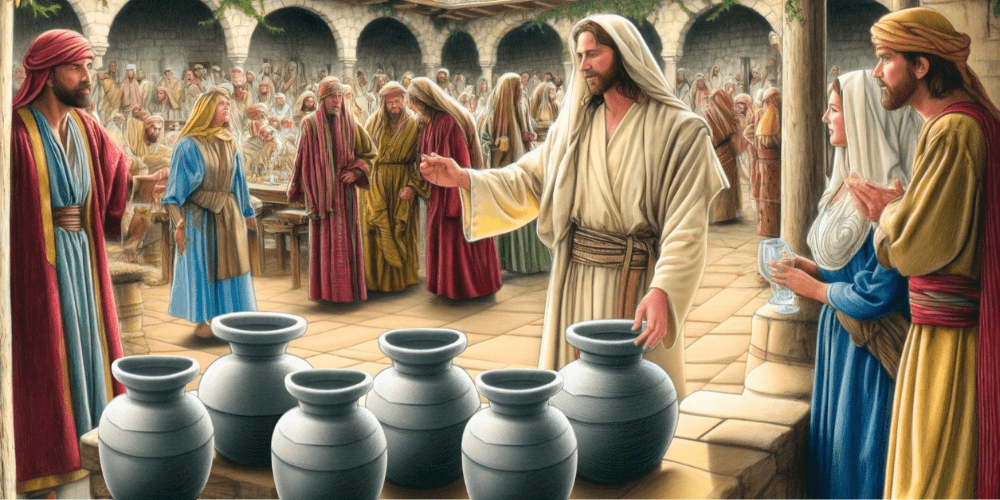Ananias of Damascus, conversion of Saul, Acts 9, early Christianity, Holy Spirit, baptism, divine intervention, obedience, transformation, Christian ministry, faith and trust, spiritual rebirth, early church history, theological significance
Bartholomew, also known as Nathanael in the Gospel of John, is a biblical figure whose journey from skepticism to profound faith exemplifies the transformation experienced by those who encounter Jesus; recognized by Jesus as “an Israelite indeed, in whom there is no deceit,” Nathanael’s straightforwardness and integrity mark him as a disciple who is both honest in his doubts and sincere in his conversion. Following Jesus’ resurrection and ascension, he embarked on missionary journeys to diverse regions including India, Armenia, Ethiopia, and Southern Arabia, facing significant challenges but also contributing to the Christian tradition in these areas; his martyrdom, characterized by being flayed alive and then crucified, underscores his commitment to his faith and his willingness to endure immense suffering for his belief in the Gospel, with his legacy continuing in his veneration as a saint, celebrated on August 24th in the Western Church and June 11th in the Eastern Church, and revered as the patron saint of various professions and causes.
Romans 12:2 exhorts believers to reject the prevailing values of secular society and undergo a profound transformation through the renewal of their minds, enabling them to discern and embrace God’s good, pleasing, and perfect will.
In the biblical story from John 2, Jesus performs His first miracle by turning water into wine at a wedding feast in Cana, Galilee, symbolizing transformation and the inauguration of the New Covenant, with His disciples, Mary, and other guests witnessing this profound event.





